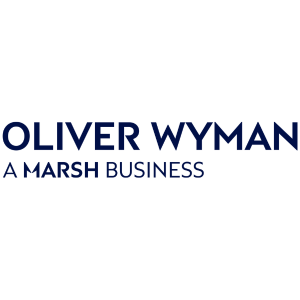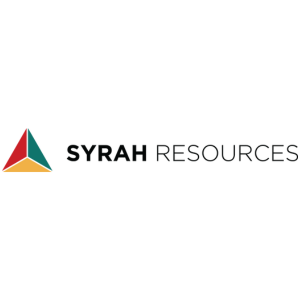Hear from teboho Maphakisa, Co-Founder of Learn and Give Education Foundation.
Teboho, a geomatics professional and previous participant in Mining Indaba's Young Leaders Career Development Programme, discusses how Africa's mining industry can succeed in attracting top graduate talent to fill its skills gap.
If you're a student or recent graduate interested in a career in mining, register now for free to attend the 2019 Young Leader's programme.
In addition, the organization seeks to develop character and leadership skills in learners by involving them in the organizing of our programmes without interfering with their schooling activities and also instil the culture of social responsibility among graduates and young professionals through volunteering their time and mentoring of learners.
To achieve our mission, the organization continues to establish partnerships with other organizations doing similar work, dedicated teams of teachers at our partner schools and individuals who volunteer their time and sometimes their personal resources to contribute in achieving the mission of the organization.
Despite their existence, you don’t get to hear about stories of successful professionals and executives in the mining sector, particularly those from historically disadvantaged backgrounds. This makes the industry less appealing to many young people who would rather look for opportunities in the corporate world because that’s where they draw inspiration. Mining companies need to come to the front about their success stories and the available opportunities in the sector in order to attract a pool of future industry leaders.
I think through programmes such as the Mining Indaba Young Leader’s Day there is now a great need to expose these young people, particularly females to the various available career opportunities in mining apart from the traditional mining careers. Also to encourage entrepreneurship in the sector, young people must consider various opportunities such as blogging about the mining industry, offering professional services & training to companies, perhaps even look at innovation such as software development for mining companies to assist make mining easier.
What often happens is that through their Human Resource Departments, companies often issue bursaries and send students straight to universities and after graduation these students either leave these companies or work for a few years as part of the bursary contract then leave for the big cities.
The fact of the matter is that for professions such as mining, companies need to recruit for passion. There is no C-suite office overlooking the city and young people need to be made aware of this to avoid surprises.
Teboho is a highly adaptable and versatile Geomatics Professional by trade registered with the South African Geomatics Council and a registered Sectional Title Practitioner. He also holds a Blasting Certificate for Scheduled Mines and has been part of the 2017/18 Mining Indaba Young Leaders Career Development Programme.
Outside his professional life he has a passion for the development of young people, particularly through education, and in 2013 he co-founded the Learn And Give Education Foundation. In 2015 he was named one of the 200 Young South Africans by the Mail & Guardian newspaper.
Facebook: Teboho Maphakisa
Twitter: @justteboho
Email: [email protected]
If you're a student or recent graduate interested in a career in mining, register now for free to attend the 2019 Young Leader's programme.
PLEASE TELL US A BIT ABOUT YOUR ORGANISATION – WHAT IS YOUR MISSION, AND HOW ARE YOU TRYING TO ACHIEVE IT?
The Learn And Give Education Foundation or LGEF as we affectionately refer to it as is a non-profit organization registered with the Department of Social Development in South Africa. The organization was formerly established in 2013 with a mission to improve the quality of education in previously disadvantaged communities through the provision of educational support programmes to learners outside the normal classroom environment.In addition, the organization seeks to develop character and leadership skills in learners by involving them in the organizing of our programmes without interfering with their schooling activities and also instil the culture of social responsibility among graduates and young professionals through volunteering their time and mentoring of learners.
To achieve our mission, the organization continues to establish partnerships with other organizations doing similar work, dedicated teams of teachers at our partner schools and individuals who volunteer their time and sometimes their personal resources to contribute in achieving the mission of the organization.
WHAT DO YOU THINK ARE THE MAIN CAUSES OF THE SKILLS SHORTAGE IN SOUTH AFRICA’S MINING INDUSTRY?
From my own experience, when the word ‘mining’ is mentioned, most people; especially the youth; think of sweaty men in overalls, hard-hats, and drilling machines. That is not a true reflection of the mining industry and a lot of work needs to be done to change that perception. I am fortunate to have a background in mining so I am aware of the many success stories in the industry but I personally think there’s a problem with the image of the mining sector.Despite their existence, you don’t get to hear about stories of successful professionals and executives in the mining sector, particularly those from historically disadvantaged backgrounds. This makes the industry less appealing to many young people who would rather look for opportunities in the corporate world because that’s where they draw inspiration. Mining companies need to come to the front about their success stories and the available opportunities in the sector in order to attract a pool of future industry leaders.
WHAT CAN BE DONE TO IMPROVE THIS?
In South Africa; as is the case in many other parts of the world, youth unemployment remains a big concern. In the recent Quarterly Labour Force Survey by Statistics South Africa (StatsSA), statistics reveal that in South Africa, one in every three young people in the labour force did not have a job in the first quarter of 2018. These are qualified young people who are often seen standing at traffic lights during peak hour traffic in big cities, with some resorting to posting on social-media pleading for jobs from potential employers.I think through programmes such as the Mining Indaba Young Leader’s Day there is now a great need to expose these young people, particularly females to the various available career opportunities in mining apart from the traditional mining careers. Also to encourage entrepreneurship in the sector, young people must consider various opportunities such as blogging about the mining industry, offering professional services & training to companies, perhaps even look at innovation such as software development for mining companies to assist make mining easier.
ARE COLLABORATIONS BETWEEN EDUCATIONAL INSTITUTIONS AND BUSINESS A FEASIBLE WAY OF CLOSING THE SKILLS GAP? WHAT ROLE DO YOU SEE PRIVATE COMPANIES PLAYING IN THIS?
Collaborations are definitely a way to go. The Young Leader’s Day only happens once during the Investing in African Mining Indaba conference, but there needs to be ongoing programmes between the various role players including government, the private sector, organized labour, academia and civil organizations. Again I think mining companies need to be more visible in society through advertising of the skills and services they require so that young people outside mining communities can take advantage of these opportunities.WHAT ADVICE WOULD YOU GIVE TO PRIVATE COMPANIES LOOKING TO INCREASE THEIR GRADUATE RETENTION RATES?
I think for sectors such as mining, agriculture and to an extent the medical practice in rural areas, it is often a challenge to retain talent. I think companies need to review their recruitment processes. This can be done through exposing potential talent to the industry and its challenges, including but not limited to working conditions and the geographic location, either through year-long training programmes or otherwise before students resume studies at higher learning institutions.What often happens is that through their Human Resource Departments, companies often issue bursaries and send students straight to universities and after graduation these students either leave these companies or work for a few years as part of the bursary contract then leave for the big cities.
The fact of the matter is that for professions such as mining, companies need to recruit for passion. There is no C-suite office overlooking the city and young people need to be made aware of this to avoid surprises.
Teboho is a highly adaptable and versatile Geomatics Professional by trade registered with the South African Geomatics Council and a registered Sectional Title Practitioner. He also holds a Blasting Certificate for Scheduled Mines and has been part of the 2017/18 Mining Indaba Young Leaders Career Development Programme.
Outside his professional life he has a passion for the development of young people, particularly through education, and in 2013 he co-founded the Learn And Give Education Foundation. In 2015 he was named one of the 200 Young South Africans by the Mail & Guardian newspaper.
Facebook: Teboho Maphakisa
Twitter: @justteboho
Email: [email protected]
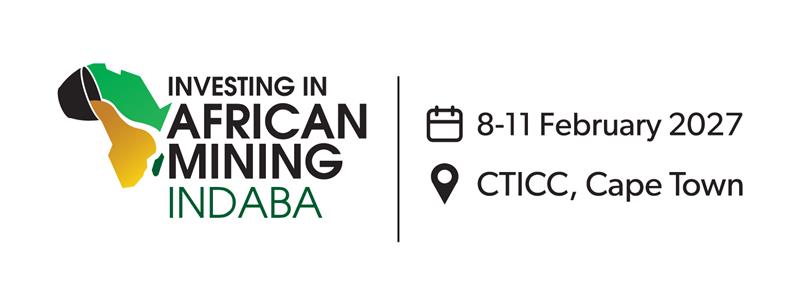
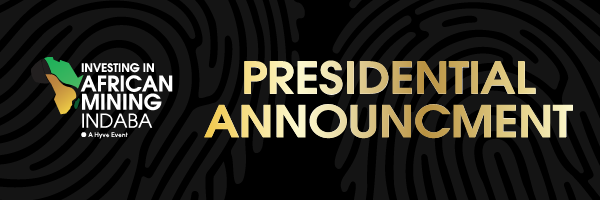
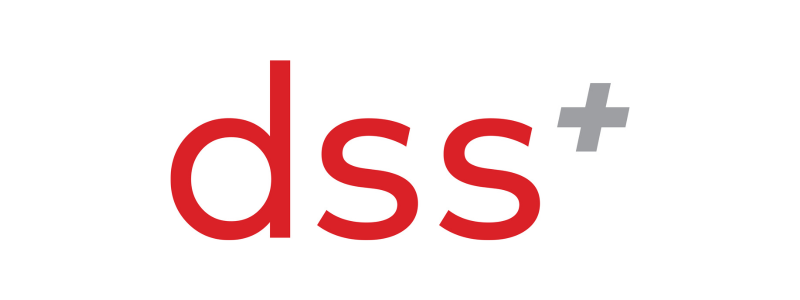

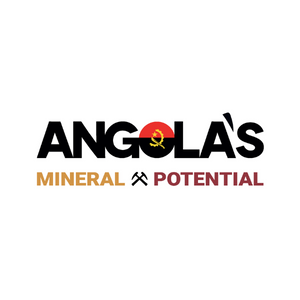
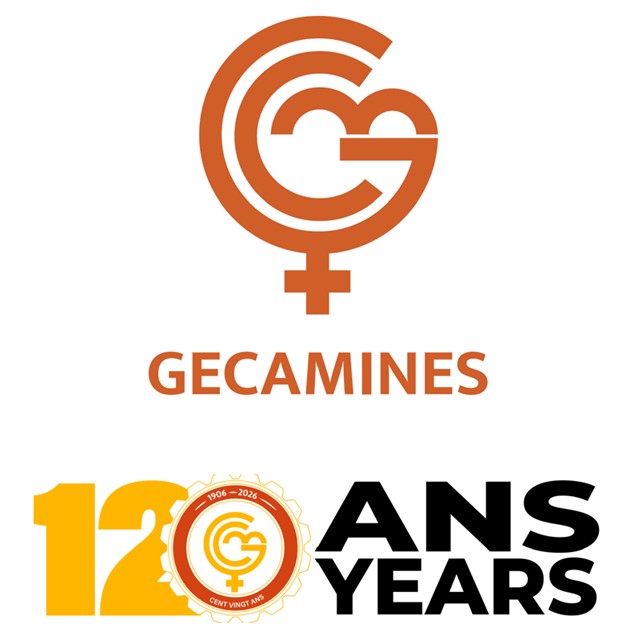
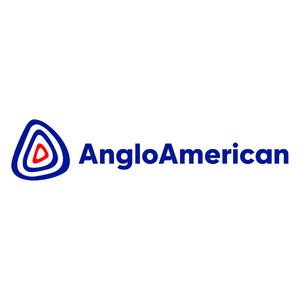
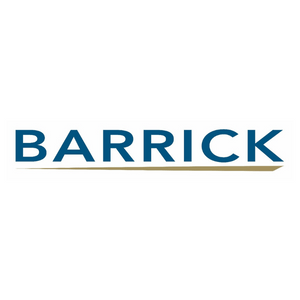
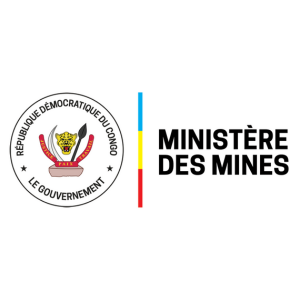

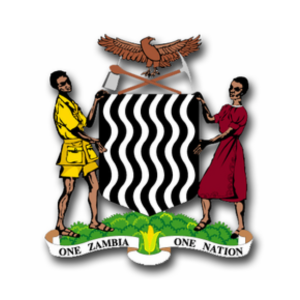

-Logo_CMYK_1.jpg?width=1000&height=500&ext=.jpg)
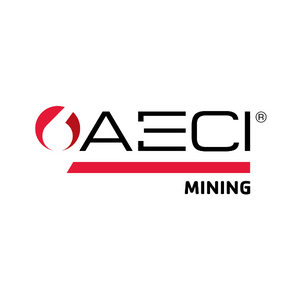



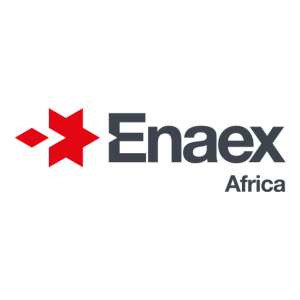


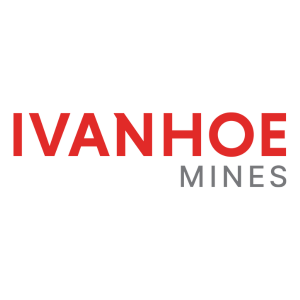
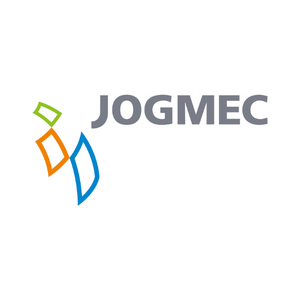


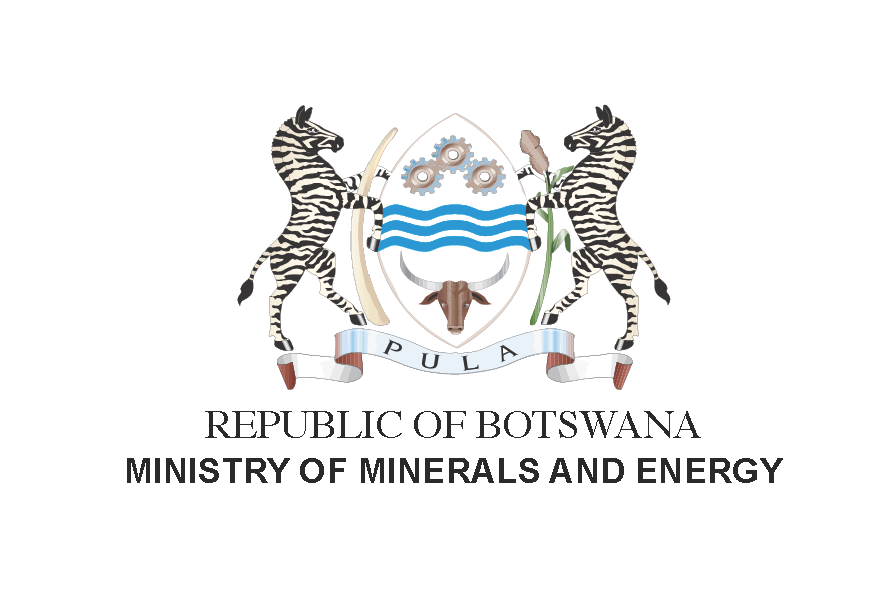.png?width=300&height=208&ext=.png)

_mi25-weblogo.png?ext=.png)
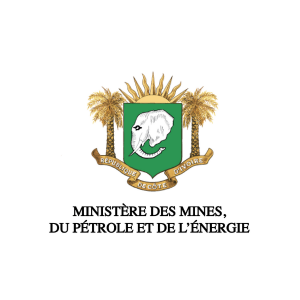
_1.png?ext=.png)


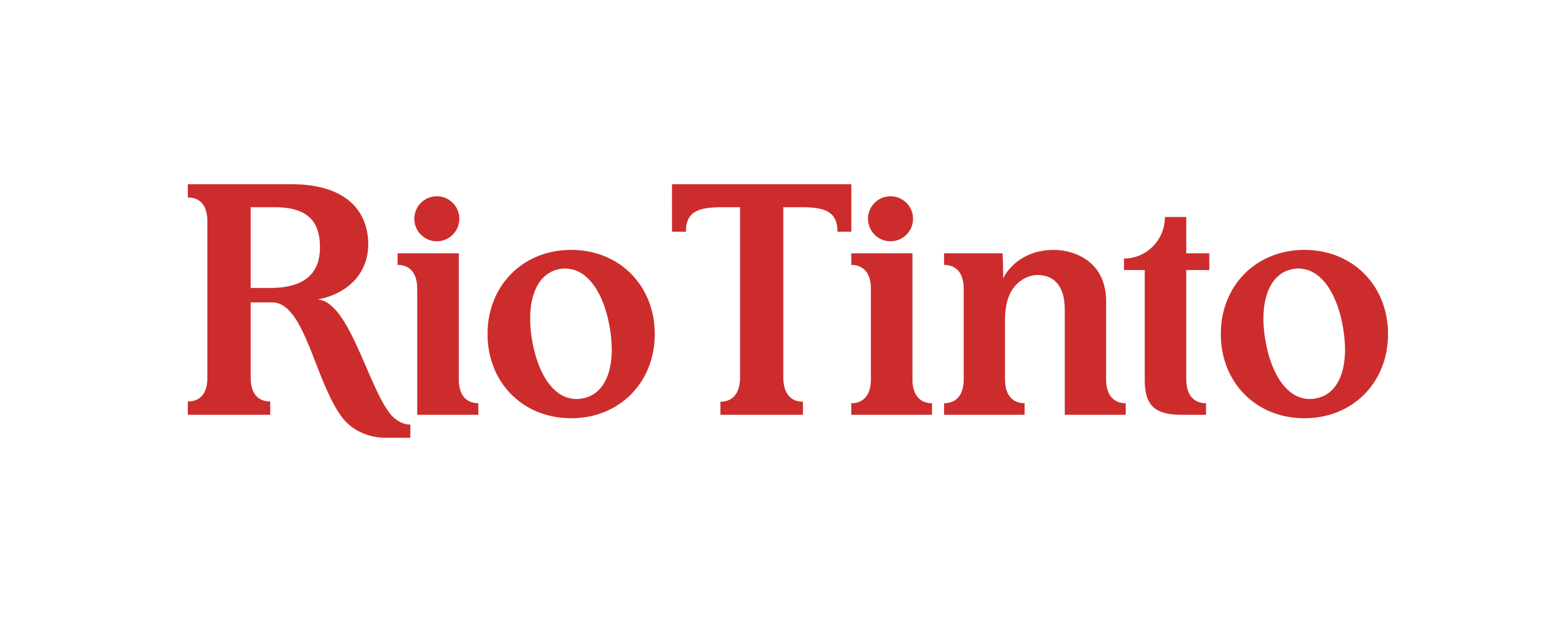

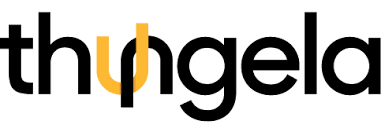
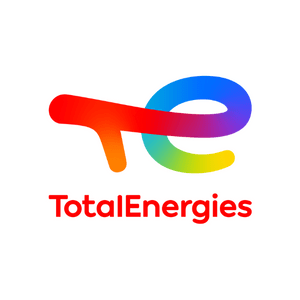
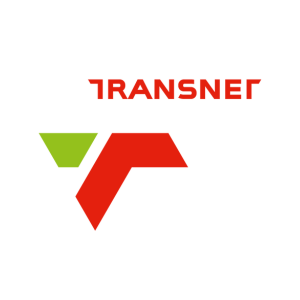



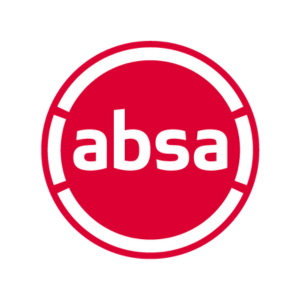

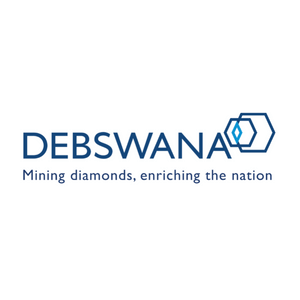



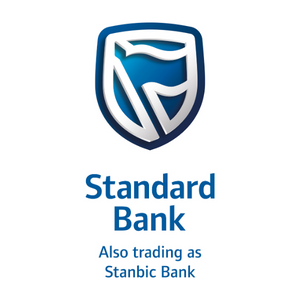


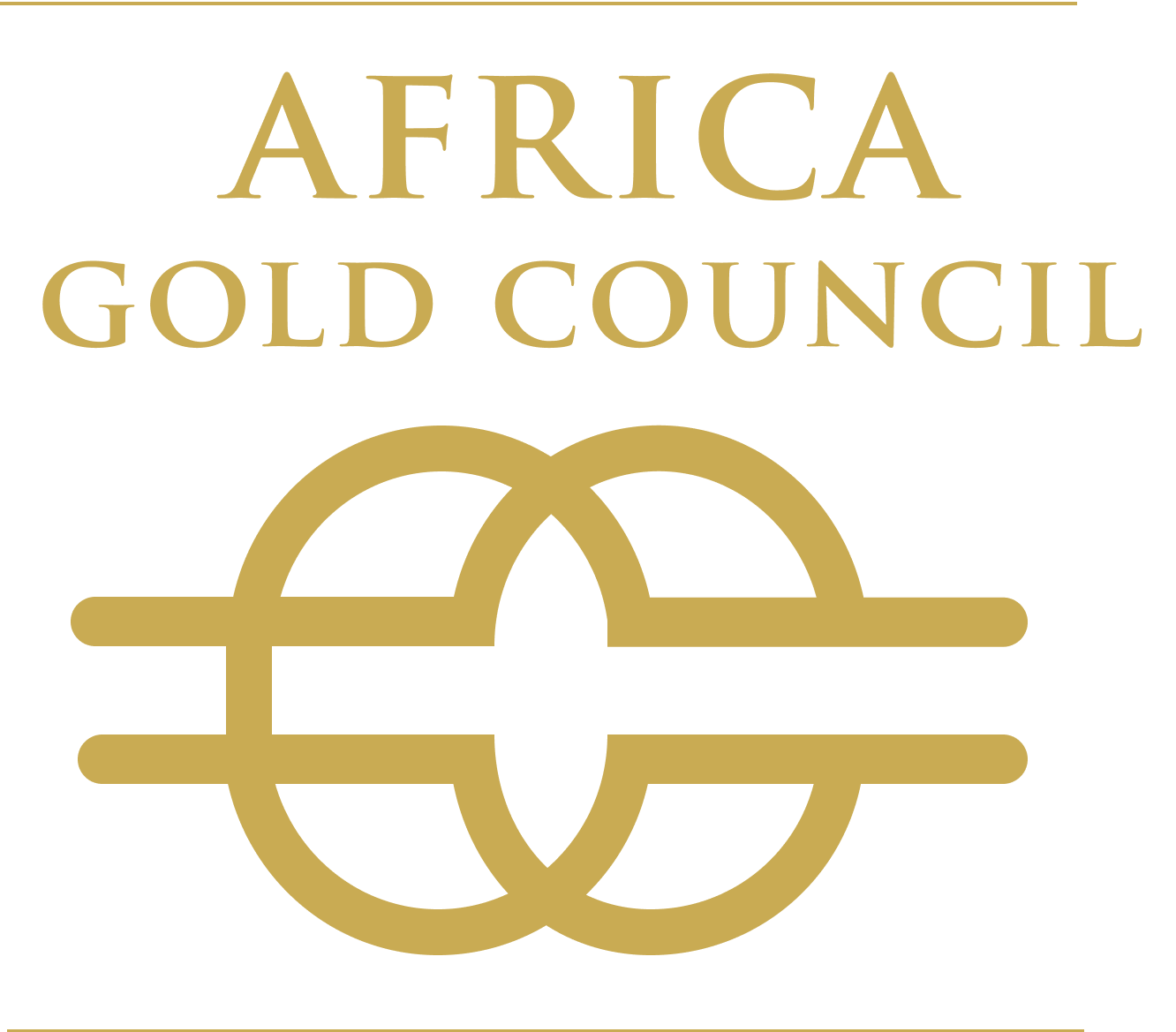

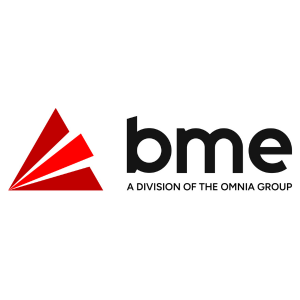


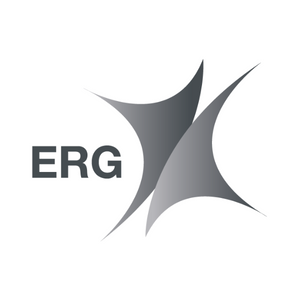





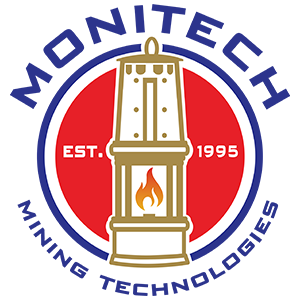




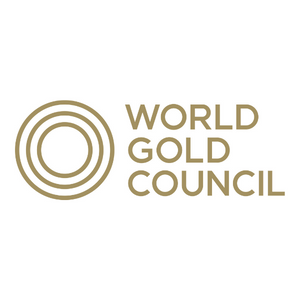
_logo.png?ext=.png)

_mi25-weblogo.png?ext=.png)

